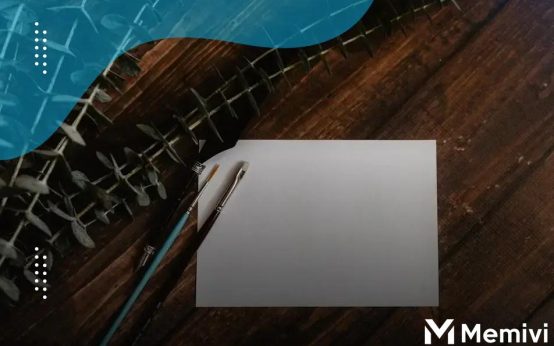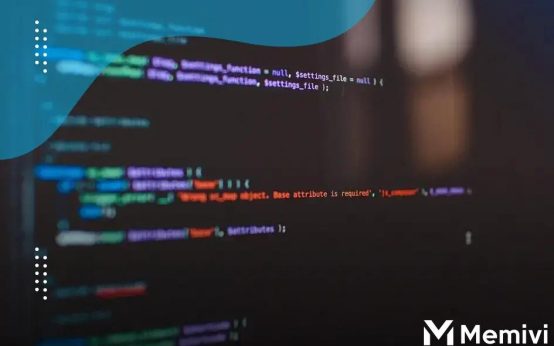The landscape of economic challenges and opportunities in the United States in early 2025 is both complex and dynamic. Understanding the trends in economic growth projections, sectors facing unique challenges, and opportunities for innovation is crucial for any stakeholder. With policy changes on the horizon, navigating this economic environment requires keen insight and adaptability. This exploration will delve into the key areas worth watching as we move forward into 2025.
Economic Growth Projections in 2025
The economy is expected to experience fluctuating growth rates as numerous factors come into play. Experts are pointing to a modest growth compared to previous years, but still significant to mark development.
Global trade relations remain a pivotal influence, impacting how the US aligns its economic policies. International trade agreements and potential tariffs could shape this growth.
Technological advancements are likely to contribute positively, driving sectors such as tech and manufacturing to new heights. Automation and AI are set to revolutionize traditional work models, making processes more efficient.
On the flip side, there could be risks associated with inflation and potential interest rate adjustments. Policymakers might need to carefully balance economic stimulus efforts to prevent overheating.
Demographic changes also influence projections. An aging population might present both challenges in workforce sustainability and increased demand in healthcare services, stimulating economic activities in these areas.
The trajectory of consumer demand remains a crucial variable. With evolving consumer behaviors driven by technology and societal shifts, certain sectors may outperform others, influencing the economic landscape.
Key Sectors Facing Challenges

As the US economy navigates through 2025, several key sectors are experiencing significant challenges. The manufacturing industry, once the backbone of the American economy, is facing intense global competition. This competition has led to job displacement and demands for higher efficiency. Automation continues to rise, prompting a reshaping of the workforce.
The energy sector is encountering a transition, with pressures to shift towards sustainable sources. Fossil fuel dependence is being scrutinized, and while this presents opportunities for renewable energy, it also poses challenges for traditional energy sectors.
Agriculture
is another area of concern. Farmers are coping with climate change impacts, such as droughts and floods, disrupting supply chains. Additionally, trade policies play a crucial role in determining export opportunities, affecting farmers’ profitability.
The retail sector is not exempt from challenges. The rise of e-commerce has reshaped consumer behavior, leading traditional retailers to innovate or face closure. Understanding consumer trends and leveraging technology becomes paramount for survival.
Healthcare, although growing due to an aging population, faces its own set of issues. Health systems are dealing with regulatory changes, rising costs, and the need for affordable care solutions.
Opportunities for Innovators and Entrepreneurs
In the realm of economic challenges and opportunities in the United States for 2025, innovators and entrepreneurs find themselves in a unique position to capitalize on the shifting landscape. The rapid pace of technological advancements and the evolving needs of consumers present countless avenues for those willing to think outside the box. Entrepreneurs have the chance to identify unmet needs and develop groundbreaking solutions that can transform industries.
The rise of sustainable practices is creating a fertile ground for new ventures focusing on eco-friendly products and services. As the demand for green technology increases, entrepreneurs can tap into these markets, driving both profitability and positive environmental impact. Moreover, sectors such as renewable energy, biotechnology, and digital health are showing significant promise, inviting innovation to meet emerging demands.
With policy changes aiming to stimulate economic growth and support small businesses, there are enhanced opportunities for startups to secure funding and resources. The government’s focus on fostering entrepreneurial ecosystems, through grants and tax incentives, acts as a catalyst for new business models and creative ideas to flourish. Entrepreneurs should stay informed about these policy shifts to leverage them effectively.
The key for innovators is to remain adaptable and responsive to ongoing developments. By aligning their ventures with the current economic shifts, entrepreneurs can not only overcome challenges but also set new industry standards, paving the way for future growth and innovation.
Policy Changes and Economic Impact

The economic landscape of the United States in 2025 is shaped significantly by policy changes. These alterations influence various sectors, having a multifaceted impact on the economy. Understanding the economic impact of these policies requires examining tax regulations, trade laws, and labor policies. For instance, shifts in tax policy can alter both consumer spending and business investment patterns, influencing overall economic growth.
Trade laws also play a crucial role. Modifications in trade agreements can open up new markets or impose restrictions that affect domestic industries. The
trade sector
thus becomes a pivotal element in determining economic health. Furthermore, labor policies, such as changes to minimum wage and worker protection regulations, directly affect employment rates and productivity levels.
Such policy modifications need careful scrutiny as they can have a ripple effect across different economic sectors. Policymakers must consider both the short-term and long-term implications to ensure balanced growth and stability. As a result, stakeholders in various industries, from manufacturing to technology, need to stay informed about these changes to make strategic decisions that align with the evolving economic climate.


 How to Detect Unauthorized Transactions Quickly and Safely
How to Detect Unauthorized Transactions Quickly and Safely  Common Pitfalls That Reduce the Value of Rewards Unveiled
Common Pitfalls That Reduce the Value of Rewards Unveiled  Foreign Transaction Fees: Impact on Travelers Explained
Foreign Transaction Fees: Impact on Travelers Explained